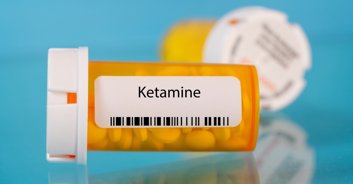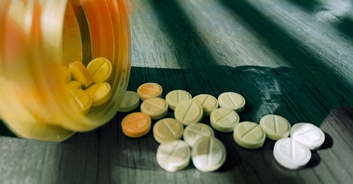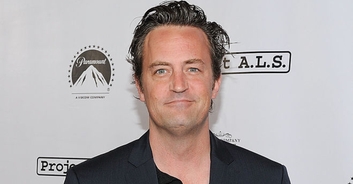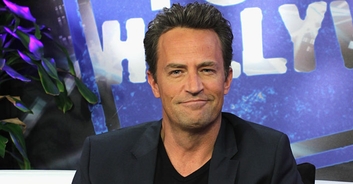Conversations around ketamine have long been stunted by its association with horses. Recreational users are often derided by those who choose to take other, more expensive drugs. Furthermore, media misrepresentation has led to the cycle of “exaggeration, distortion, inaccuracy, and sensationalism” which researchers Coomber, Morris and Dunn identified as common features in the discourse on drugs.
Ketamine is sometimes used as a horse tranquiliser but is more commonly used as an anaesthetic in hospitals. Now, a ketamine-based drug has been approved by the Food Drug Administration (FDA) to treat depression in the US.
Doctors are now free to suggest esketamine as an option for patients who don’t respond to traditional psychiatric drugs. The drug will be sold under the brand name Spravato. “For a long time, all our standard antidepressants have been ‘me too’ drugs,” stated University of California professor of psychiatry Dr Walter S Dunn.

“As much as the companies like to say 'our drug is better than the next', they were pretty much all the same,” stated Dunn. Until now, many drugs used to treat depression were mood stabilisers which focus solely on controlling the release of serotonin.
“All the medicines have been operating under the same mechanisms so it was time to explore some of these other compounds that, yes, have been associated with recreation and abuse as potential pathways or compounds to treat depression,” explained Dunn, a member of the FDA advisory committee which recommended the drug be approved.
“This is really the first, and there are several in various phases of development, and over the next couple years you will see more coming out on the market,” said Dunn. “The challenge we’ve all faced in psychiatry is keeping people on their medications.”

“Patients have gotten better, they don’t have symptoms anymore, so why take the medication?” Dunn poses. “The more barriers, or difficult it is to take a medication in the maintenance period, the less likely they’re going to take it.” He added: “The barrier is going to be coming in, taking two hours out of your day. That we might see as more of a problem.”
Due to concerns around its use, patients will not be able to take the drug home. While this sounds like an appropriate safety net, there are concerns about how much time this will take from medical professionals. Furthermore, Spravato will cost between $4,720 and $6,785 in the first month of treatment and it is unclear as to how many insurers will cover the costs. It is likely that they will only pay out for the drug if the given patient doesn’t respond to more traditional forms of antidepressants.
A psychedelic drug, ketamine has long been linked to the rave scene. In high doses, it can cause dissociative or “out of body” experiences. Although the drug has been used in hospitals since the early 2000s, there is much still to discover about how it works in the brain. “You can feel it coming on, it’s a strong drug,” Robin Prothro, a 60-year-old patient, explains. “I just let the drug work. I close my eyes and my mind is amazingly quiet.”

Esketamine gets to work quickly and represents and a fast-acting psychiatric option - working in hours or days rather than weeks or months. Its authorisation to treat depression is being seen as something of a breakthrough. “[The speed] is a huge thing because depressed patients are very disabled and suffer enormously,” said Dr John Mann, a psychiatrist and researcher at Columbia University.
“There has been a longstanding need for additional effective treatments for treatment-resistant depression, a serious and life-threatening condition,” said Dr Tiffany Farchione, acting director of the Division of Psychiatry Products at the FDA. “Controlled clinical trials that studied the safety and efficacy of this drug, along with careful review through the FDA’s drug approval process including a robust discussion with our external advisory committees, were important to our decision to approve this treatment.”
However, some experts remain sceptical. Prior to the news of the drug’s FDA approval, editor of the American Journal of Psychiatry Dr Robert Freedman warned that doctors have a duty to provide the best possible treatment to their patients but added: “Protection of the public’s health is part of our responsibility as well, and, as physicians, we are responsible for preventing new drug epidemics.”

That ketamine is so widely used in hospitals comes as a shock to many people - as it is still primarily associated with horses and recreational use. Ultimately, unfounded prejudices based on misconceived ideas have hampered conversations about - and research into - practical applications of the drug.





